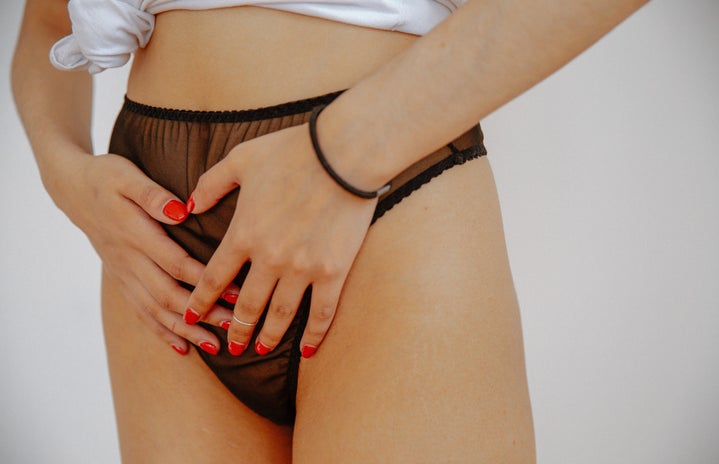Empowerment, representation, feminism. Those are the concepts that came into my mind the first time I saw W.A.P, a song by Cardi B and Megan Thee Stallion that has been trending worldwide and creating some controversies, released on the 7th of August 2020.
Lyrically, the song is about women’s sexual desires and satisfactions, and overtly becomes a symbol or a voice for women to express their sexual fantasies and empower them to engage in sexual discourses more often.
This is something that is rare in the music industry, right? Especially in a male-dominated & patriarchal music genre, Hip-Hop. A lot of controversies that followed the music video criticized the women’s expression and the lyrics of the song, claiming it was “too sexual’, or that the content was too explicit.
By following up on the inciting wave of criticism on social media it became evident that, besides religiously inclined people, men were the majority of the people who opposed the song, claiming it was ‘discomforting’. This is addressed to how Cardi B, Megan Thee Stallion, and other women in the music video expressed themselves physically, through dancing and other body movements; and lyrically, by rapping in detail of the sexual things they like and they would do.
I followed up by fact-checking and I found that the use of vulgar, sexual satisfaction, and objectification in the music industry, and in the genre of Hip-Hop, is gendered. I say this because, by looking into the timeline history of Hip-Hop, and particularly R&B, there has been a banalisation or “normalization” on how male figures can express their sexual desires, fantasies, and satisfactions, whereas it is contrary when it comes to women.
The list of songs could be as long as a mile, but just to name a few, B****es Ain’t S**t”(1992), a song by Snoop Dogg, is basically a story about Snoop and Dr. Dre about how they exploited women through their sexual desire. “Tip Drill” (2003), a song by Nelly, took it into another level, as it was not only vulgar, but also visually disturbing as it had naked women on all the frames. However, the most disturbing shot is when Nelly swipes his credit card on naked women’s buttocks. It took the hard work of analysts and feminists for the video to be prosecuted, while the majority of rap culture individuals did not problematize that.
The point that I am trying to make is that according to Hip-hop historical archives, W.A.P has only scratched the surface on being sexually expressive. People should understand that times are changing, and the more women rappers make it to the first league, the more we are going to experience women’s representations, expression and dominance. This is a good thing that I am willing to experience as a viewer and a supporter, as it will lay out a way forward to reconstruct social norms to be more inclusive and representative, and to empower young women to raise their voices.
References
Reid-Brinkley, S.R., 2008. The essence of res (ex) pectability: Black women’s negotiation of Black femininity in rap music and music video. Meridians, 8(1), pp.236-260.
Ford, C. 2020. Butts Going On: Misogyny in Rap. Sourced from: http://www.theblakebeat.com/butts-going-on-times-weve-seen-misogyny-in-rap/ [22/09/20]



